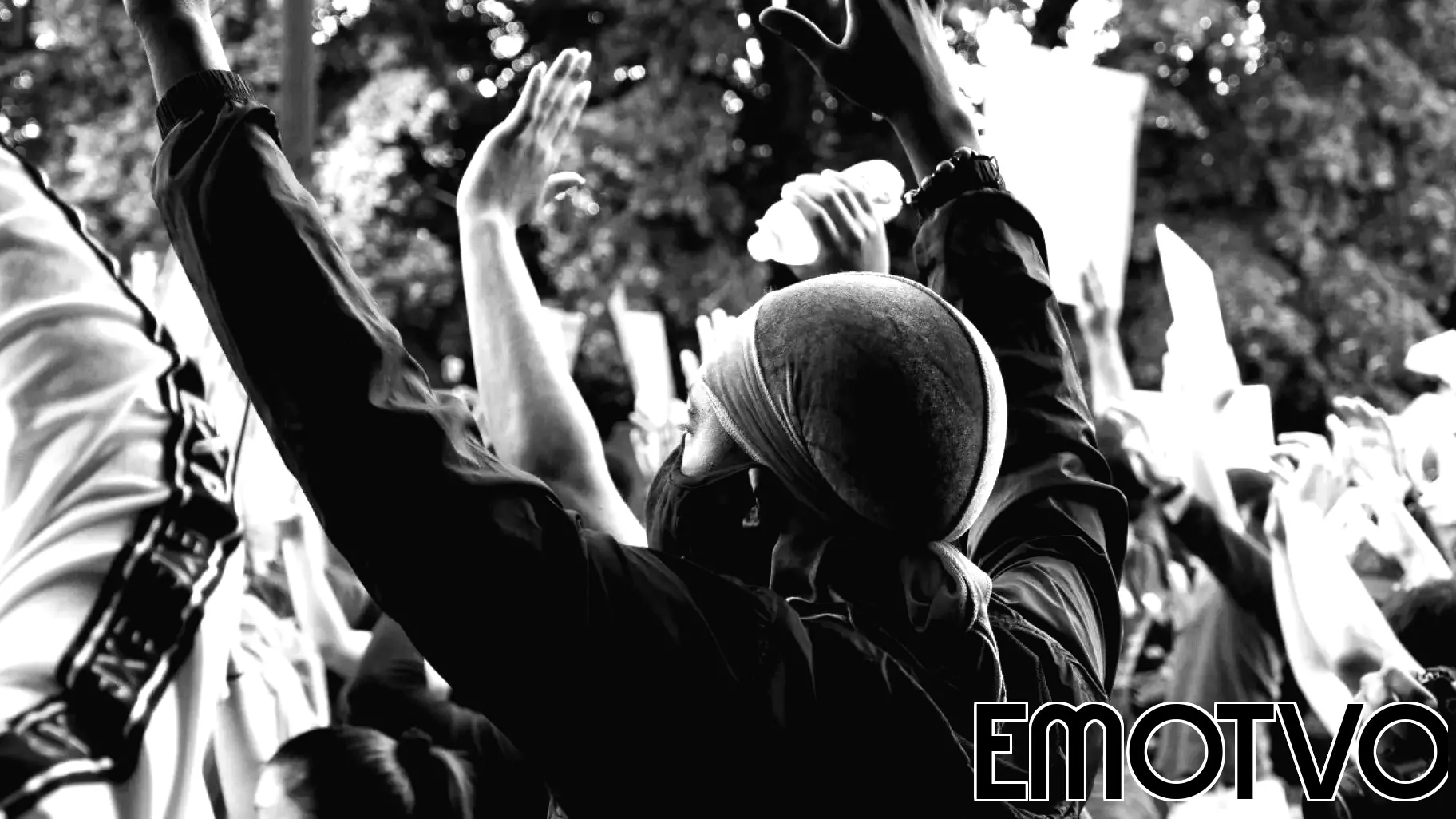December 14, 2024 - 13:22

The field of psychology has long been influenced by systemic anti-Black racism, a legacy that continues to shape its practices and perceptions. Historically, psychological theories and frameworks have often marginalized Black voices and experiences, reinforcing a narrative dominated by Whiteness. This imbalance not only affects the representation of Black individuals within psychological research but also influences the therapeutic practices that are employed.
The consequences of this bias are profound, contributing to a lack of culturally competent care for Black clients and perpetuating stereotypes that undermine their mental health. Moreover, the absence of diverse perspectives in psychological literature limits the understanding of mental health issues within the Black community, leading to misdiagnoses and ineffective treatment approaches.
Addressing these disparities requires a critical examination of the historical context of psychology and an active commitment to inclusivity. By acknowledging and dismantling the structures that sustain anti-Black racism, the field can move towards a more equitable and just practice that honors the complexities of all individuals.



